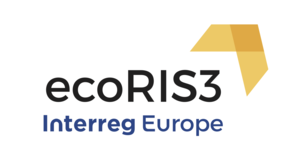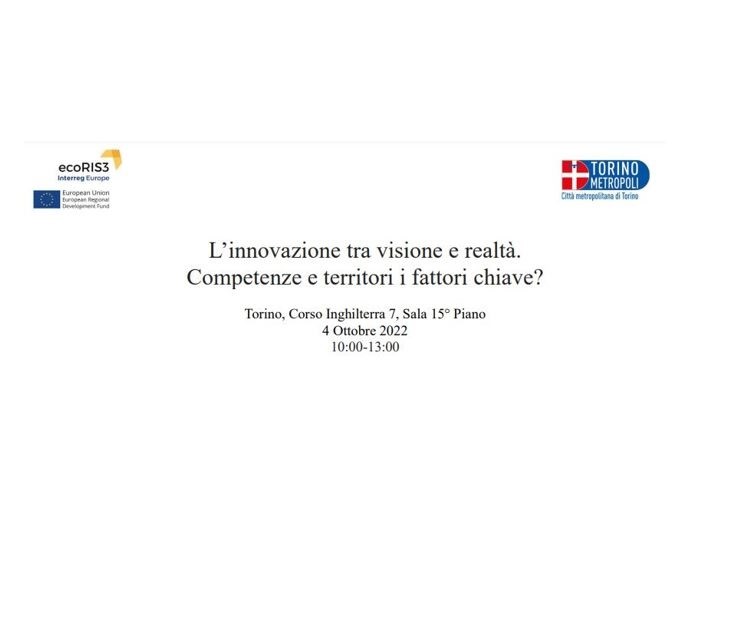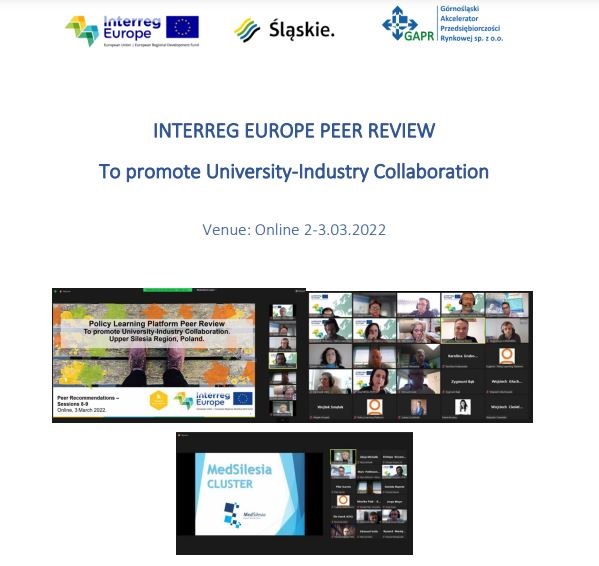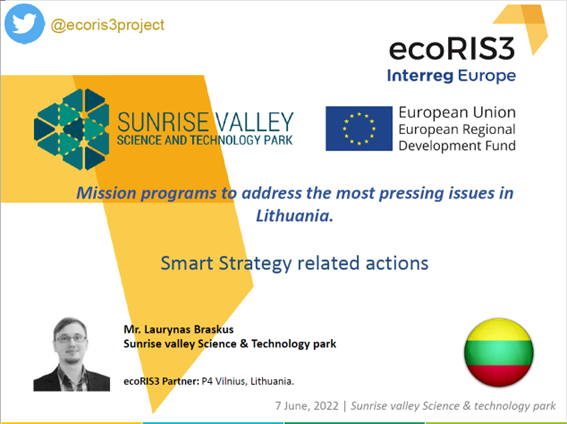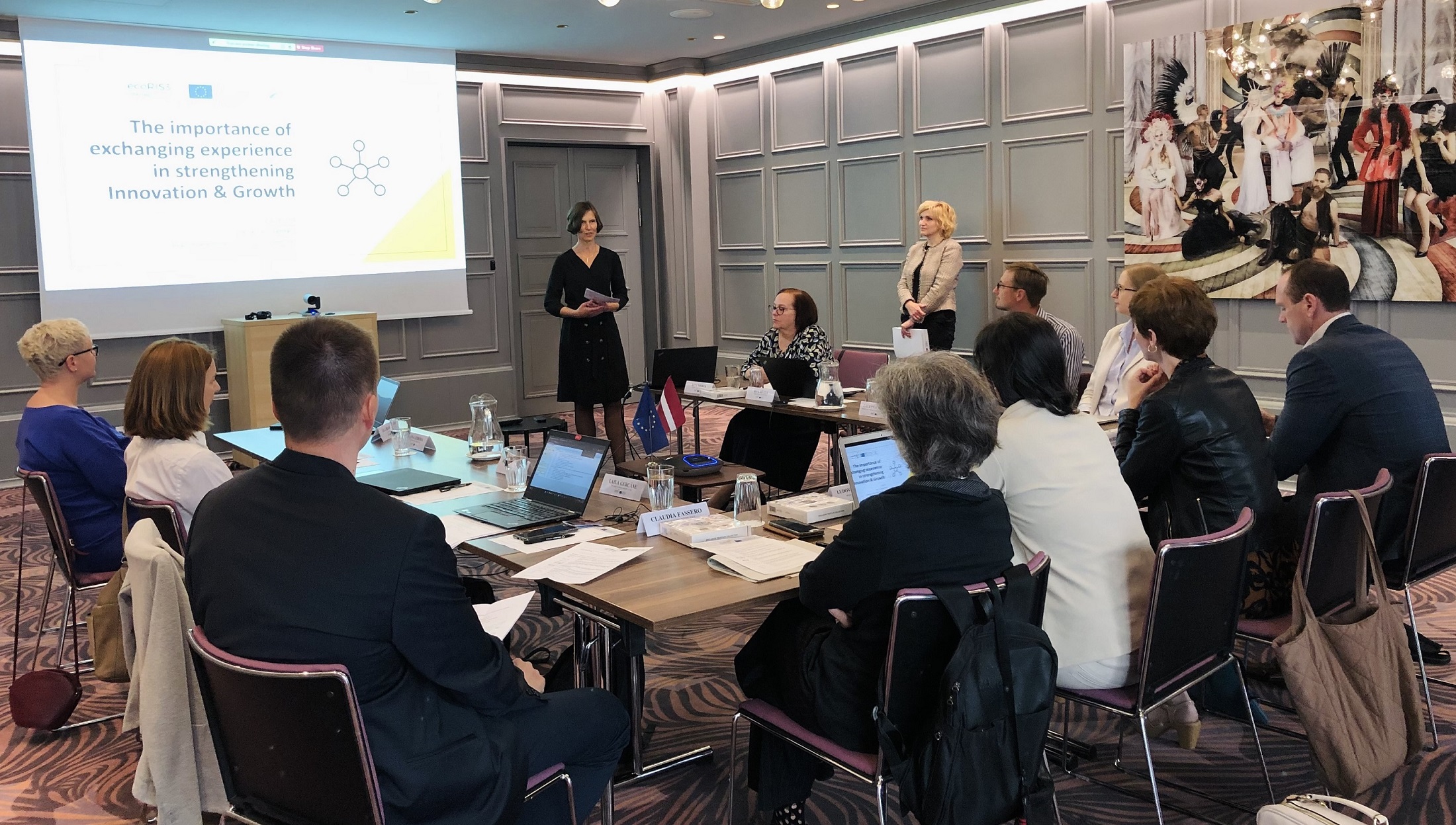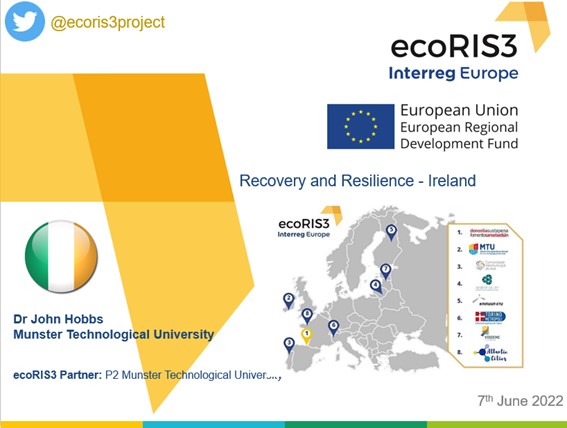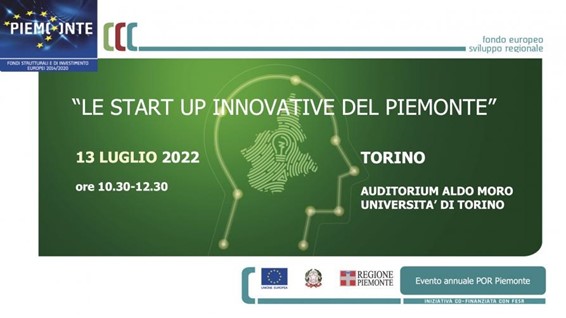“There is no such thing as Smart Specialisation. There is only Smart Diversification,” was the statement which Ricardo Hausmann, Director of Harvard's Center for International Development kicked off his keynote address at the ‘Better Policy’ session at The Competitiveness Institutes’ (TCI) Annual Conference in Bogota Colombia. Professor Hausmann was invited to present his research on productive development policy, in the context of Smart Specialisation and Cluster Development Policy.
Bogota Chamber of Commerce have put in place an institutional framework under which a modern and industrial policy agenda focused on Smart Specialisation and Clustering has been developed to increase the region's productivity. Since launching its RIS3 Strategy the Bogota Chamber of Commerce is looking to the TCI congress for advice regarding the integration of their Cluster Policies into their RIS3 strategy. A number of sessions are organised to investigate further:
• What role are cluster initiatives going to play in the implementation of the RIS3?
• How should projects be prioritised under the RIS3?
• How should agendas and projects for sectors that currently don’t have cluster initiatives be addressed?
The Bogota RIS3 strategy aims to support public, private and academic actors efforts and resources particularly those related to science, technology, and innovation - on the following five strategic areas aligned with the productive vocation of the city-region:
1. Biopole, covering sectors and clusters related to life sciences
2. Creative Bogotá-region, includes sectors and clusters related to the creative and cultural industries
3. Advanced knowledge hub, aims to turn Bogotá into a mecca of education
4. Business services, covering activities such as consulting, BPO and KPO, financial sector, and tourism
5. Sustainable city-region, under which business solutions to sustainability problems of the region are supported.

Image: The five strategic areas focused on in the RIS3 strategy in Bogota, Colombia. Sixteen clusters have developed which aim at identifying and addressing bottlenecks that hinder the competitiveness in these areas.
Professor Hausmann suggests that economic complexity is like a game of Scrabble. “The more letters you have, the more words you can make; the more capabilities a country has, the more diverse products it can generate. In Scrabble you have to make words. You are given letters, so think of words as products, words are services. Think of letters as bits of ‘Know-how.’ In order to make something you have to string the bits of know-how together - the same way that you need the different instruments to make a symphony. However, if you only have one kind of letter, you're mostly going to make one kind of word. But if I give you more letters, you get an increasing number of words diversification of what you do and longer words, more complex products. For example the most diverse country in the world is Germany, and there are very few other countries that are able to do the things that Germany is able to do. While the poorest countries in the world make few things and they make things that everybody knows how to make. They make shorter words. So the more letters you have, the more complex words."

Image: Ricardo Hausmann, during his keynote address at the The Competitiveness Institutes’ (TCI) Annual Conference in Bogota Colombia 8-11-2017.
One of the key messages Professer Hausmann made during his session was that clusters can be the focus for Smart Specialisation and its implementation. Clusters’ journey for constant diversification and industry and cross cluster collaboration can add to a regions competitiveness. He believes this diversification of products and services can be realised through labour specialisation, hence his stance that “there is no such thing as Smart Specialisation. There is only Smart Diversification.”
Dr John Hobbs of the ecoRIS3 partner Cork Institute of Technology is attending The Competitiveness Institutes’ (TCI) Annual Conference in Bogota Colombia from the 7th to the 9th of November 2017. The conference focused on "The Future of Clusters through Cross-Country and Cross-region Collaboration." Dr Hobbs was very impressed with the work ongoing across Europe and globally (in Latin America) on implementation of RIS3 through clusters, he notes that “TCI highlighted for me the fact that Interplay between clusters and S3 is crucial, there is strong evidence from across the globe that regions are implementing their RIS3 through connecting with industry via their cluster programmes, this is exactly how government agencies are bringing supports directly to firms. The other striking element was that firms don’t really need to understand RIS3, whereas policy maker understanding RIS3 is critical. Firms’ just need to understand the programme and supports that are available to help them to be productive.”
Image: Dr John Hobbs, CIT and Philip Stephens, IMDO at TCI Bogota
